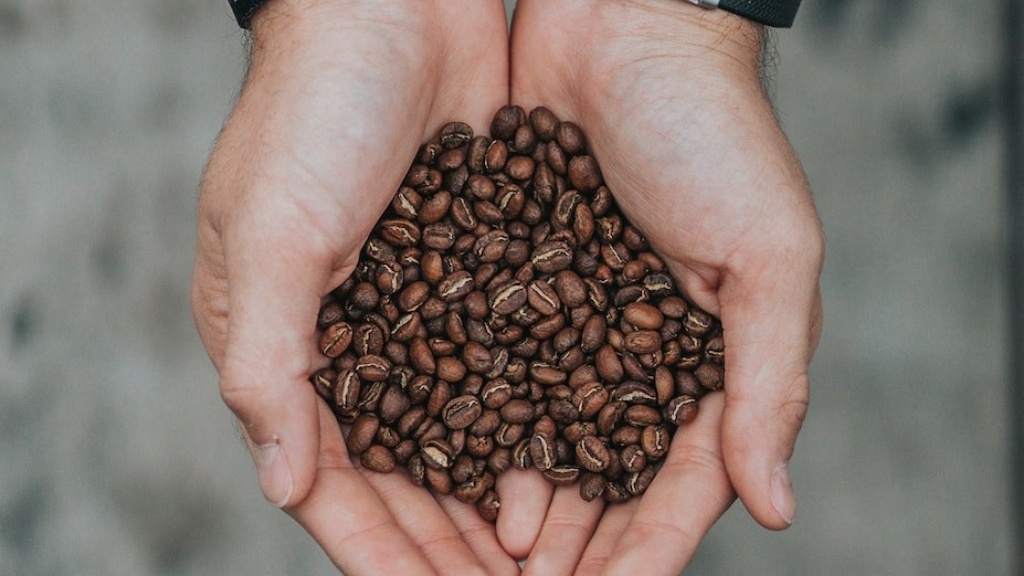Kidney transplants are a life-saving treatment for those suffering from kidney failure. With improved surgical techniques and the rising success rate from immunosuppression and medications, the need for Post-Transplant Care and Prevention (PTCP) is of crucial importance.
PTCP’s main focus is to reduce complications and ensure the longevity of the transplanted kidney. A major area of concern for PTCP is nutrition and fluid intake, as certain dietary restrictions are necessary for the long-term safety of the transplant patient. One of the most widely asked questions to the Nutritionists specialized in PTCP, is whether or not is it safe to drink caffeinated beverages, such as coffee, for transplant recipients.
The answer to this question is not simple, as opinions vary depending on the medical opinion, and some of the latest studies in the field suggest moderation as a possible approach.
Dr. Victor Gavrilov, Director of the Transplant Center at the University of Arkansas, says “ we are now in a slightly different era where it appears that moderate caffeine consumption may not be harmful to post-transplant patients”.
Dr. Gavrilov refers to a study of 590 transplant recipients which concluded that those who consumed moderate amounts of coffee, about 2-4 cups daily, did not increase the risk of rejection or graft failure.
However, moderate consumption should not be mistaken for consuming large amounts of caffeine. Many studies have also indicated that excessive consumption of coffee or other caffeinated beverages can still lead to an increase in the risk of rejection or graft failure.
Dr. Gary Singer, Medical Director of the Comprehensive Transplant Institute of Florida, says ” it is important to be mindful of the benefits and risks of coffee consumption, not only for transplant patients but for everyone. It is not recommended to change your diet drastically overnight, as there can be risks associated with sudden changes. ”
Coffee consumption reverts back to the importance of discipline when it comes to altering one’s diet. Transplant patients should always consult with their physicians before making any dietary changes.
Drinking coffee in moderation and having control over the amount of sugary and fatty foods taken, as well as reducing sodium intake, are all important factors in order to preserve the transplanted organ functioning properly.
Physicians should be present to assess the circumstances on a case-by-case basis and determine what constitutes to be a moderate consumption specifically for the transplant patients.
Alcohol Intake
For transplant patients in particular, alcohol consumption can be very detrimental. Recent studies have shown that even a small amount of alcohol can cause irreparable damage to the transplanted kidney.
Alcohol induces oxidative stress on the organ, destroys immune cells and can further weaken the remaining renal function. So, it is best to avoid alcohol as much as possible, as it can increase the risk of organ rejection.
Smoking and Kidney Transplant
Smoking cigarettes is also a major issue when it comes to kidney transplants, as it increases the risk of organ rejection, mortality and graft failure, among other complications.
Smoking is a risk factor for several other diseases, such as cancer, respiratory disorders and cardiovascular ones.
Therefore, it is essential to quit smoking, as it greatly reduces the risk of kidney transplant rejection, particularly when done within 6 months before the procedure is done.
Physical Activity
Physical activity is an important component of PTCP, as it decreases the risk of cardiovascular events, stroke and non-melanoma skin cancer, as well as improves congestive heart failure, anxiety and depression.
Patients should aim to incorporate physical activity into their daily schedules and have an individualized exercise plan established before the transplant.
Aerobic activities should be encouraged, but strength exercises should also be included to reduce muscle weakness and fatigue.
Psychological Support
Psychological support should be a focus of every transplant patient’s care plan.
Pre and post-operative psychological counseling is an important driver of successful transplants, as it helps prepare and support the patient from both a physical and emotional standpoint.
The patient should be aware of possible symptoms, such as low moods, difficulty concentrating and panic attacks, and know how to handle them.
Counseling can help mitigate these symptoms and allow the patient to cope better with the end-stage kidney disease and subsequent transplant.


